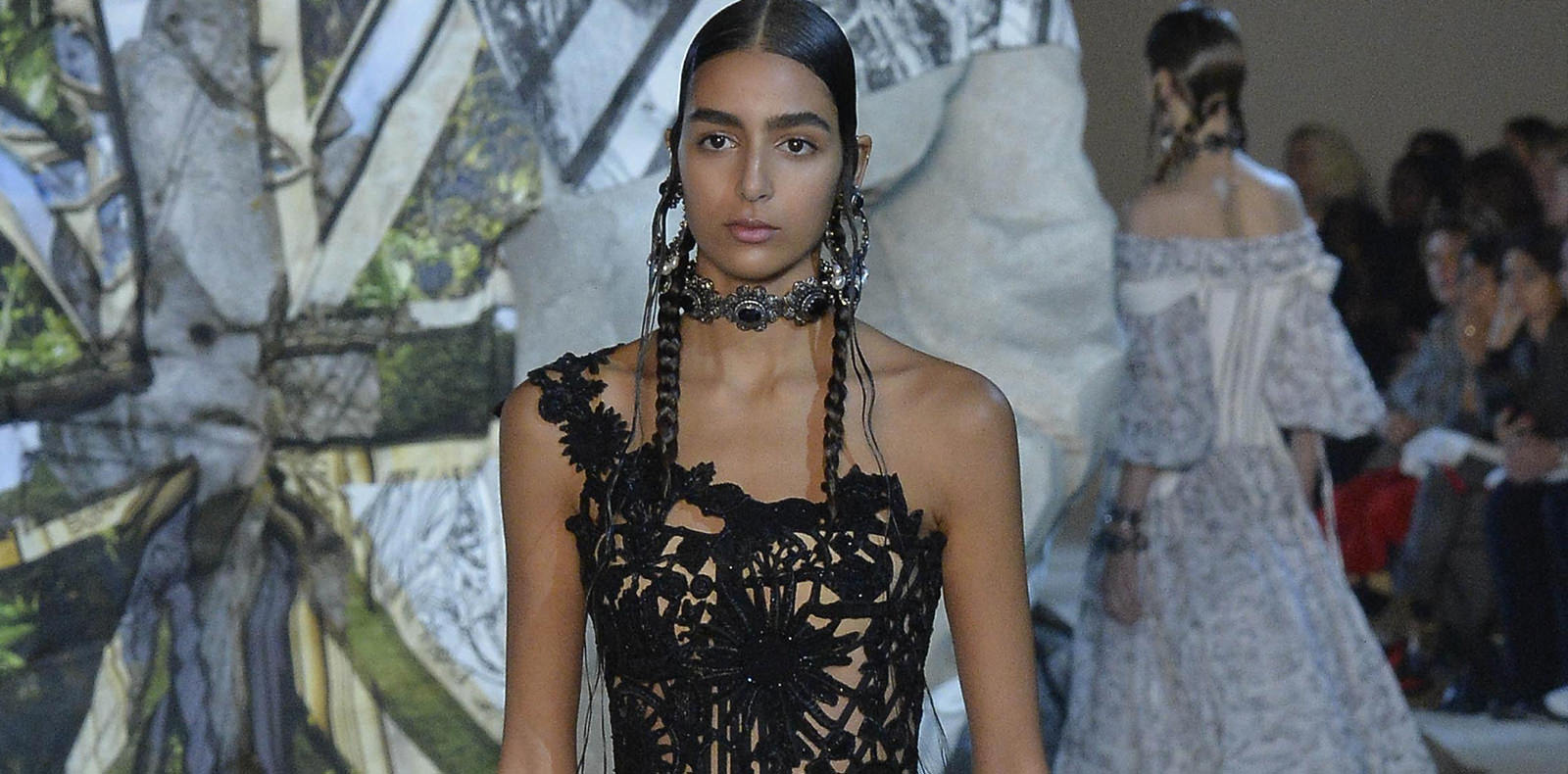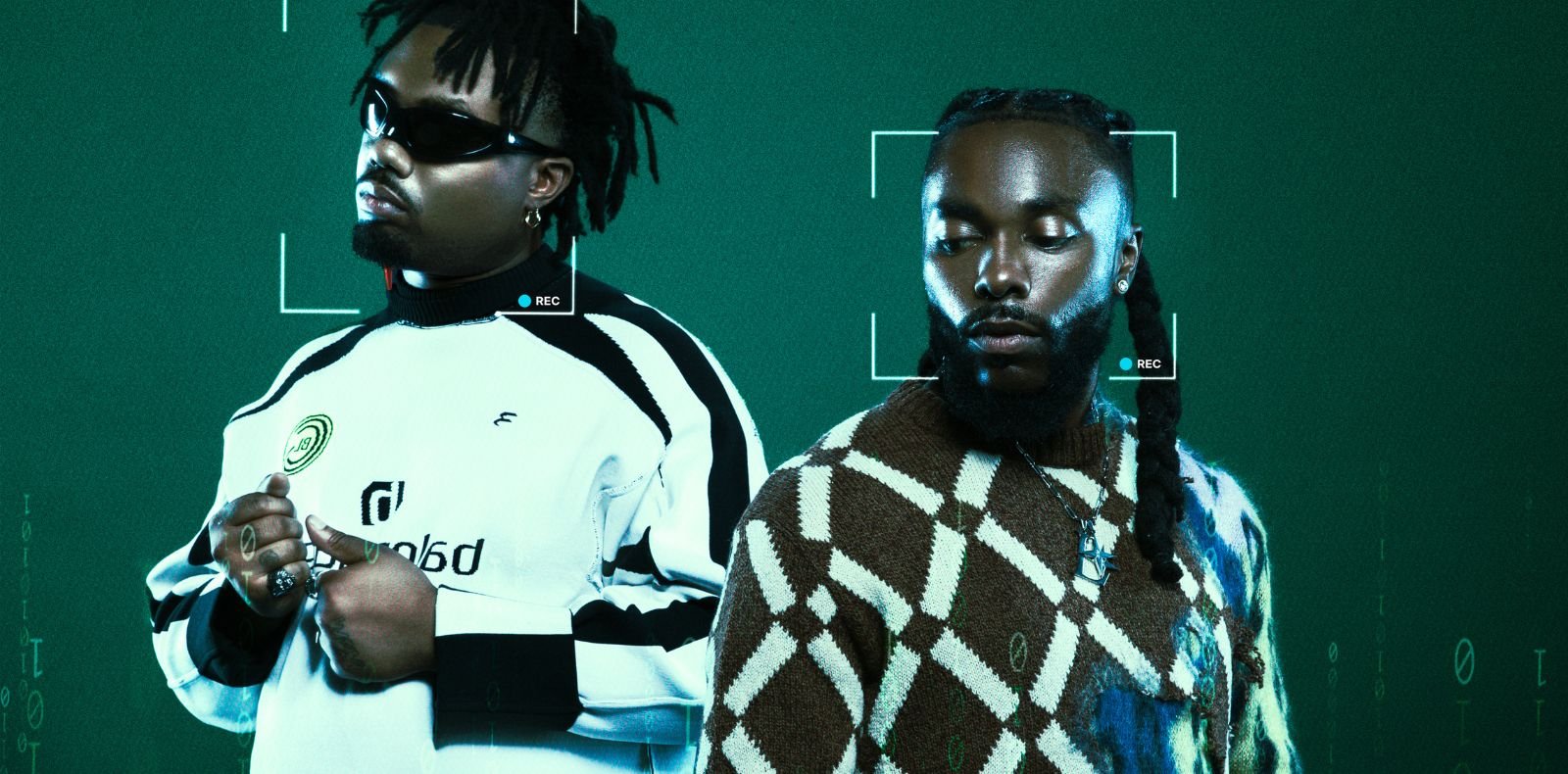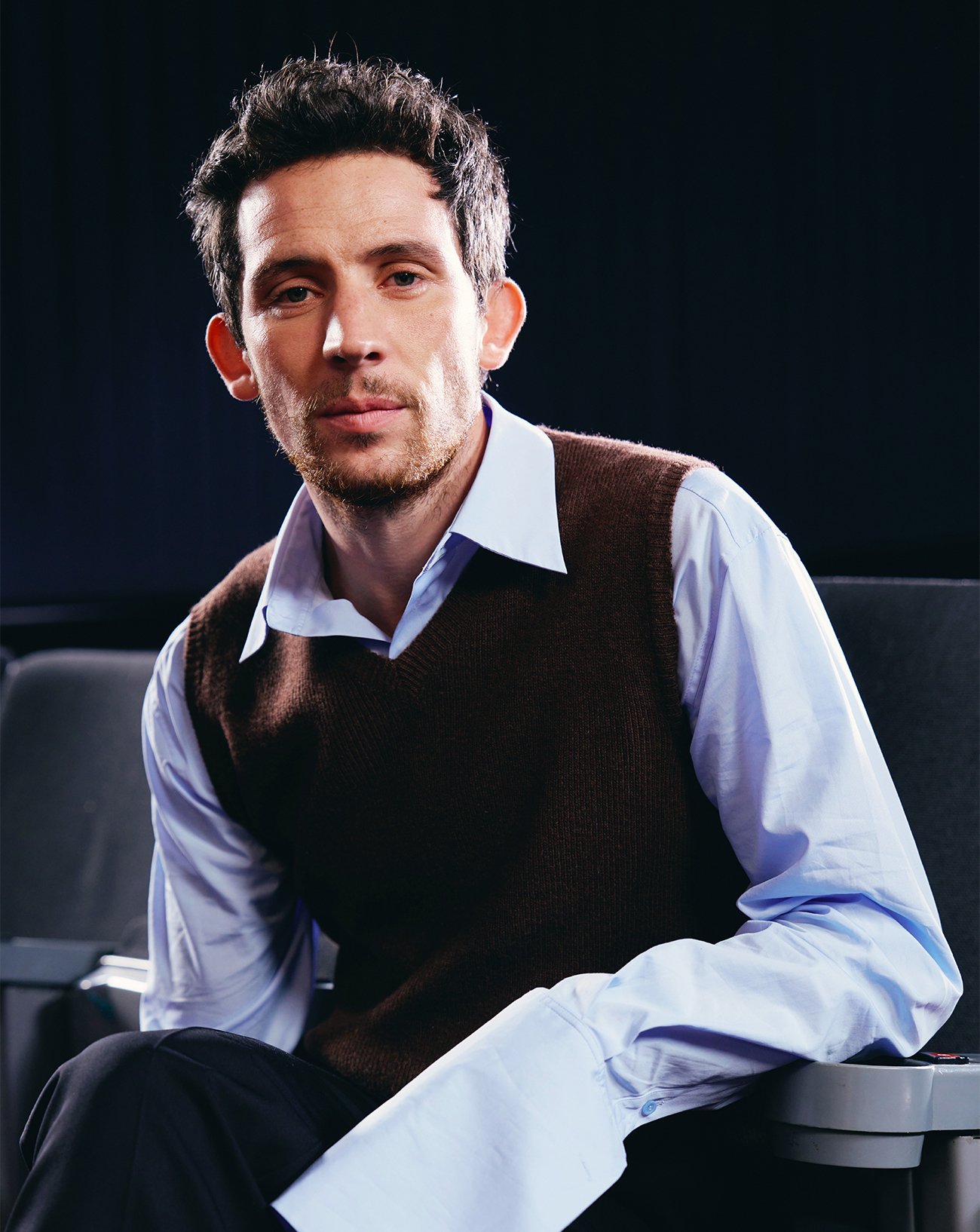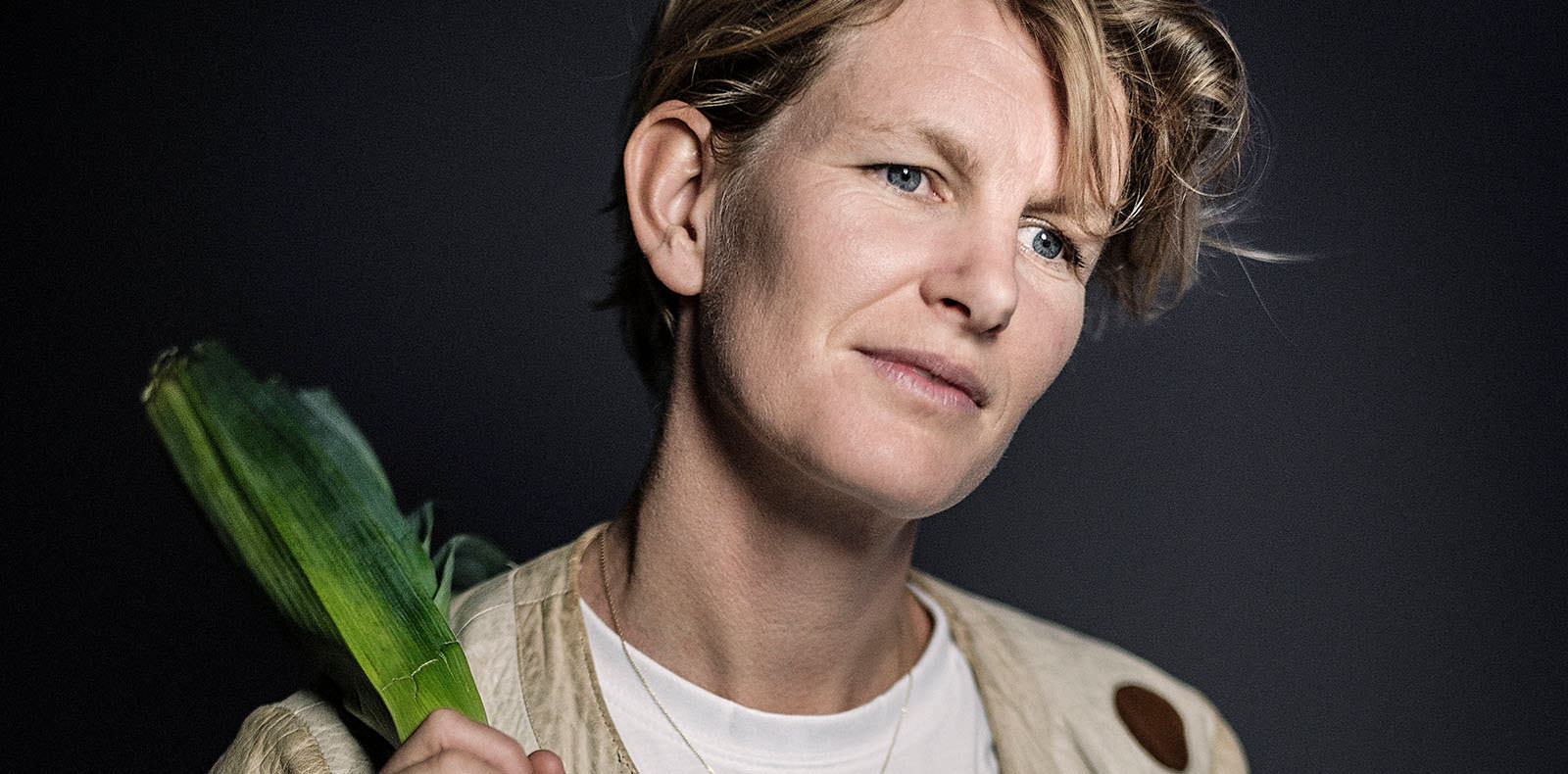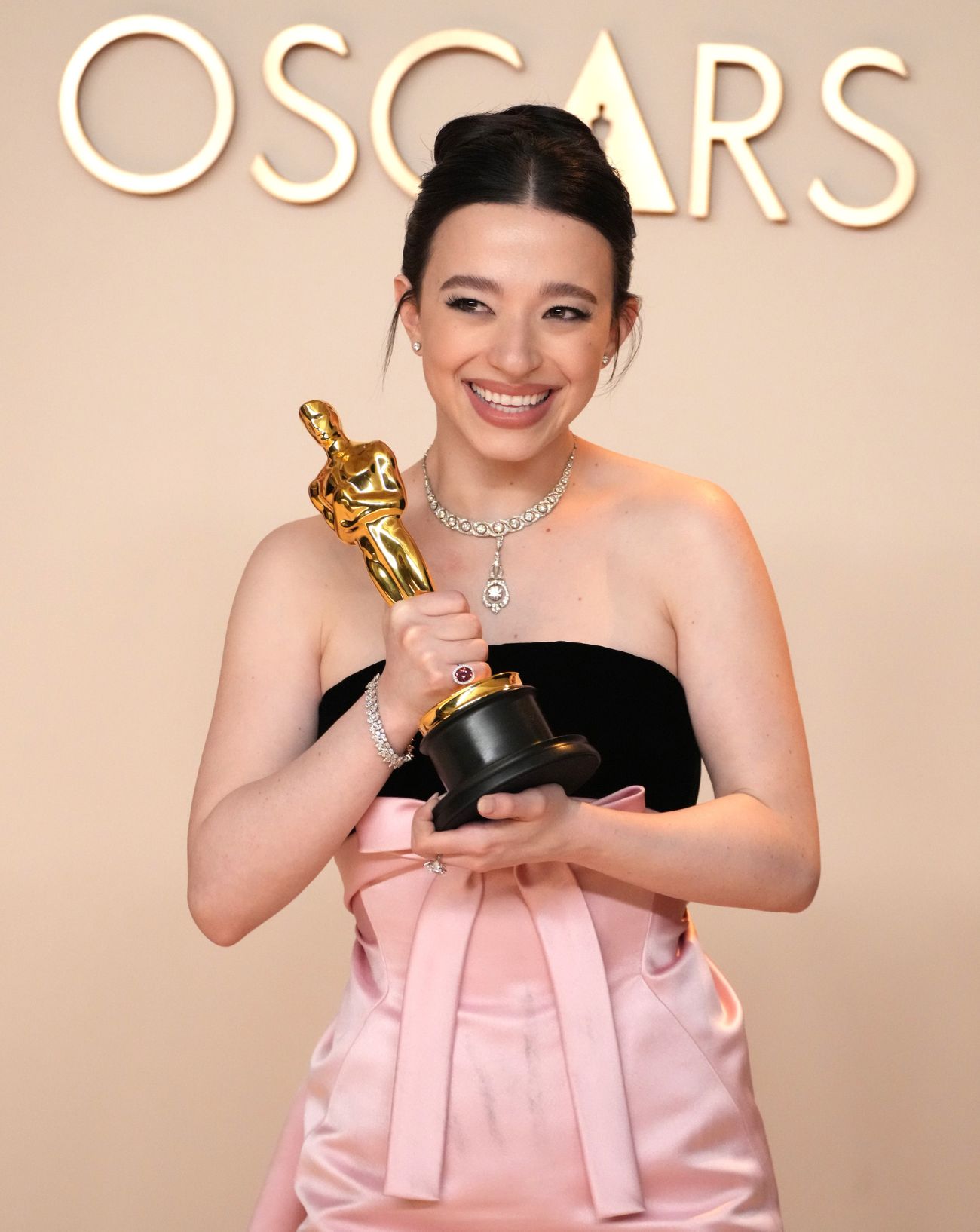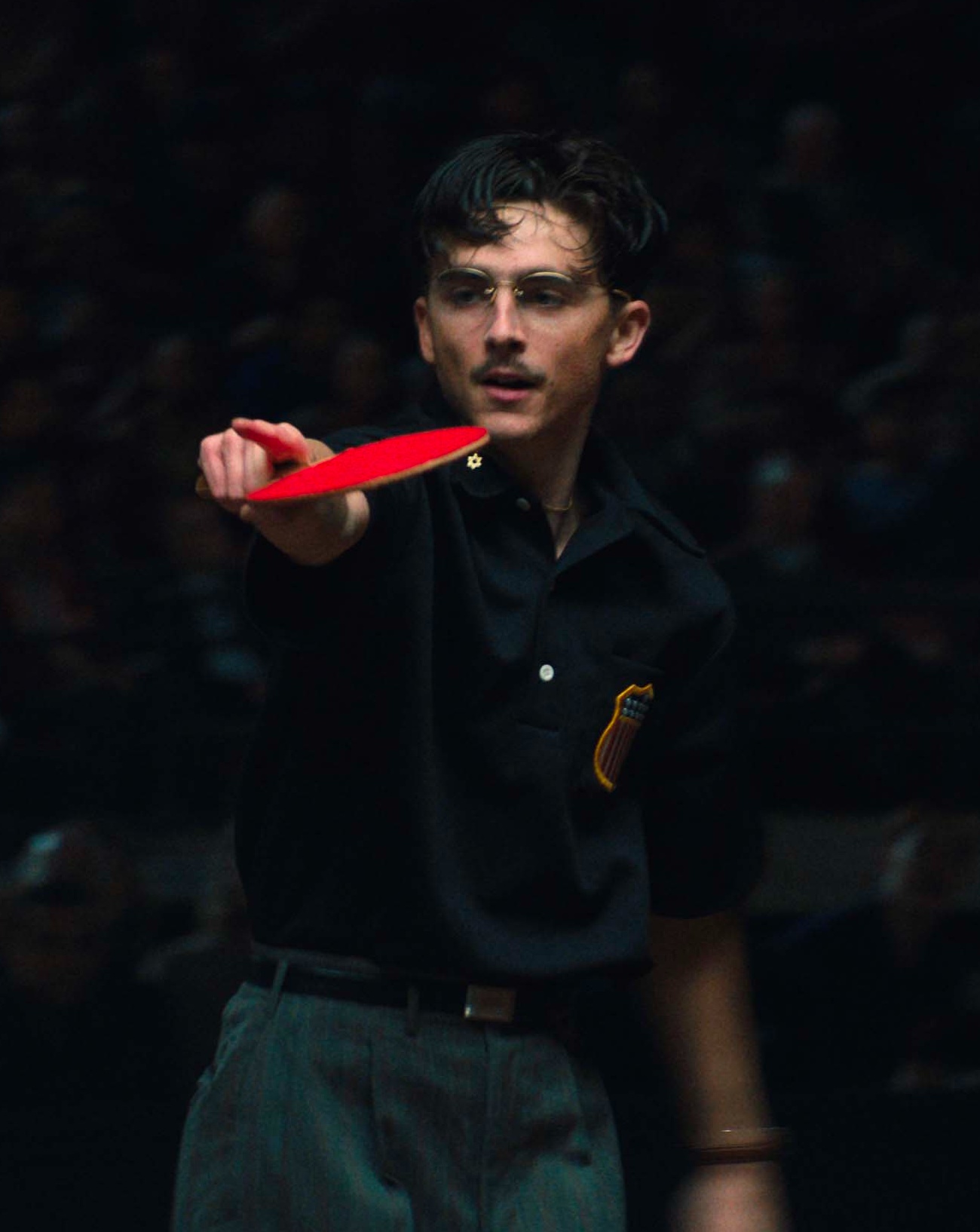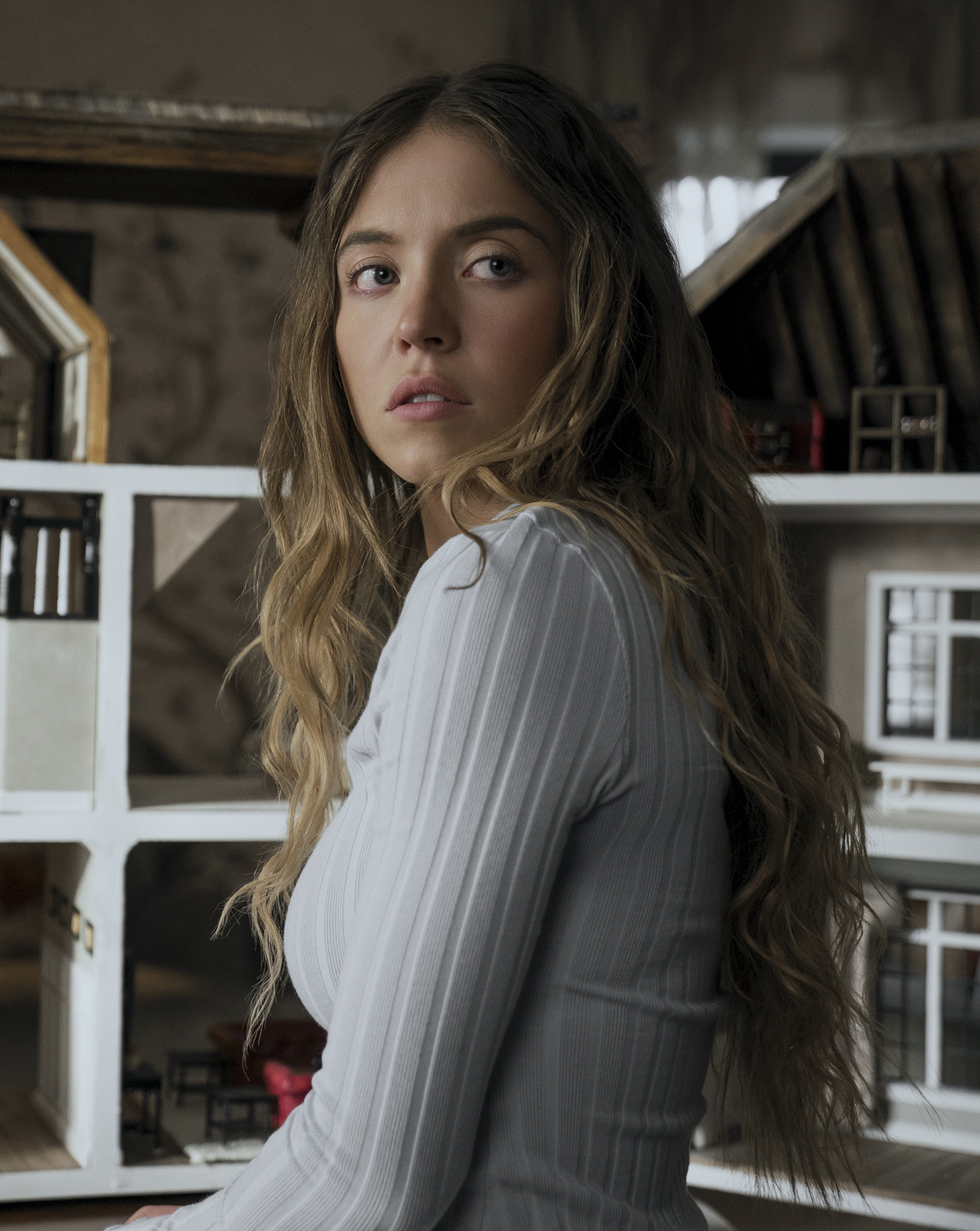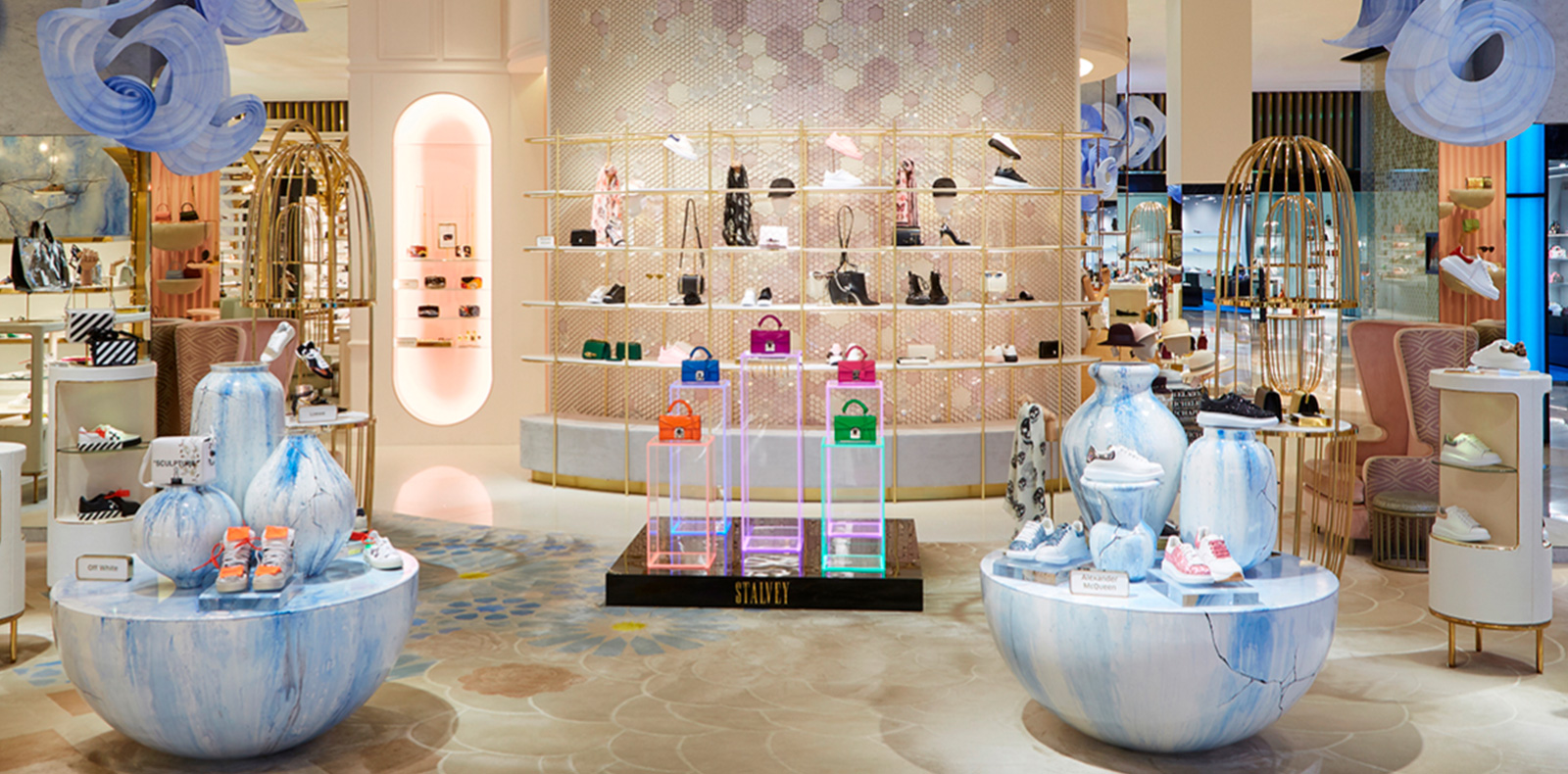
3
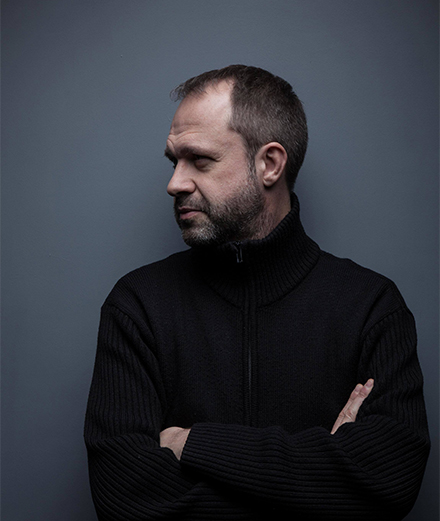
3
How does a luxury brand come up with a name? We meet the specialist Olivier Auroy
Frenchman Olivier Auroy has baptised some of the biggest brands in the world, along with cocktails, a bus network in Versailles, perfumes and a tower in Dubai… He hangs out with Middle Eastern billionaires and takes part in secret meetings with the Thierry Mugler teams. An encounter.
Interview by Alexis Thibault.
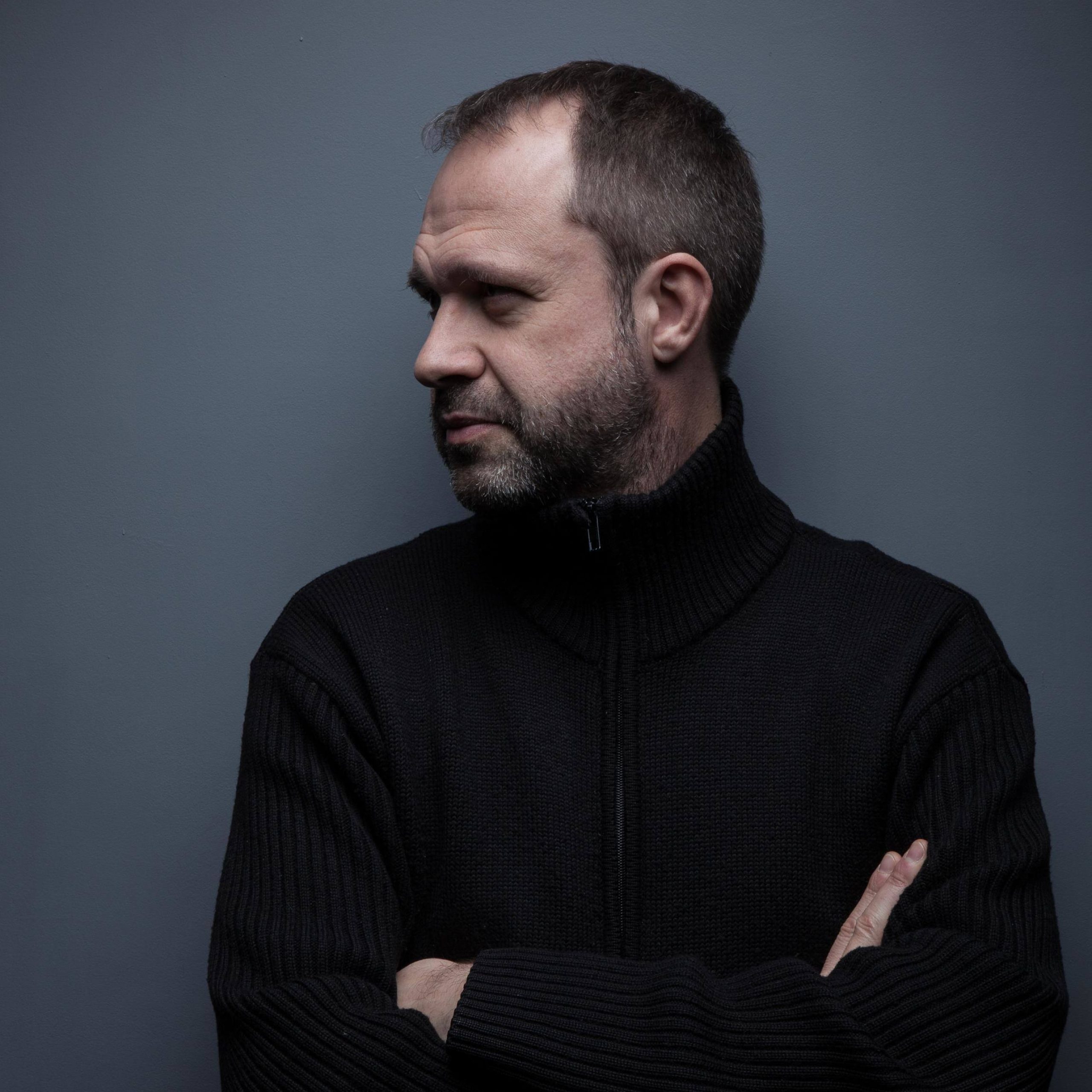
Olivier Auroy is a creator of names. But strangely enough, his own profession doesn’t have one. Without concealing his pride, he explains that his profession is ancestral. He has published four books including Au nom d 'Alexandre (2016), an autobiographical novel which discusses his experience in naming. Numéro caught up with him to ask the simple question: how do you create a brand name?
Numéro: Your job is unusual to say the least, how do you go about creating a name? Is a literary qualification essential?
Olivier Auroy: My path has been relatively classic: Sciences Po followed by Celsa Sorbonne. During my civic service, I had the opportunity to go to Rome. That’s where I had the lightbulb moment: I came across an advert for an agency that created names called Kaos Consulting and they were looking for an intern. They had organised a competition: find a name for a new line of baby socks by the brand Olympia. So I rushed over to the primary schools and nurseries to spy on the mums and listen to what they affectionately called their children: “chouchou”, “doudou”, “chaton”, etc. The company liked my approach and I got the position. Gradually I became a creator and then director of creation.
You were the director general of Kantar Consulting, which advises brands on their communications strategies. Does inventing a name always entail a laborious methodology where there’s no room for freedom, or creative spontaneity?
Those who think that creative people need to be free are wrong, it’s completely not true. The more a brand’s brief is elaborate, the more precise their framework is, the more – paradoxically – I’m able to push the limits. Most of the time I come up with a list of 300 names, from which I’ll keep 30 that I present to my client. Generally they say to me, “I don’t like this name but I like the idea”. I will then work for another week or two to come up with a final list of maybe 5 to 10 names. They are then analysed extensively: a legal study and URL check are carried out to ensure the name is not already registered. Perhaps more original is that they are also the subject of a cultural study, to make sure that the name has no negative connotations in other countries. For example, Sega, the name of a Japanese video game company, means “handjob” in Italian! If everything goes well, the process of choosing a name takes around six weeks.
“The brief was as follows: “This perfume must evoke man in his essence, a perfume for all men.” That wasn’t a brief, it was a nightmare!
What are your main constraints?
It is important to define the axis of reflection all while respecting the customer's requests: the messages to communicate, the linguistic constraints, the sounds or the length of the name. Then I identify keywords, which themselves lead me to abbreviations, as well as mythological, historical, geographic references … I then select the most relevant results, from the point of view of memorisation and their ability to tell a story. The only real constraint is to absolutely respect the spirit and the universe of the client.
Which luxury houses have you worked with?
I’ve worked a lot with the perfume houses: Chanel, Guerlain, Lancôme… Once I was given the following brief for a men’s perfume: “This perfume must evoke man in his essence, a perfume for all men.” This, you see, is not a real brief, it’s a complete nightmare! Things became clearer when someone else summed it all up in one word: "bandit". With that, we can do so much more. Straight away we’re looking at the mafia, gangsters, transgression…
You also worked for the luxury market in the Middle East, what was that experience like?
In the Middle East, I was taken on by the Chalhoub group, a huge distributor in this market, to find the name for the largest luxury shoe store in the world, located in the famous Dubai Mall, an area exclusively reserved for prestigious brands, from Louboutin to Jimmy Choo… My contact had explained to me: “I want something for glorious women, perched on stilettos, women who dominate”. I noticed, in the very terms he used, that he kept talking about the theme of height… and at the same time I remembered that we were very close to the tallest tower in the world. The name suddenly came to me: Level. A palindrome (a word that can be read in both directions) with the biblical first name “Eve” surrounded by the two "l"s. It immediately suggested a very tall woman, a supermodel, and at the same time the very first woman…
Are there any particularities imposed by the various regions of the world for which you work?
Yes. In the Middle East, for example, I created a brand of sunglasses. The idea came from a question: why were there so many pairs of glasses branded Yves Saint Laurent, Gucci, etc., but absolutely no brand from the Gulf? This is how the idea of creating it came about. It was inspired by the UAE burqa. Its name, bq, with inverted letters, derives directly from the word burqa and recalls the shape of the glasses, an element that was used for the logo. Burberry was very interested in this project, as was Britney Spears’ artistic director…
“Most of the time, the right name is the first one we come up with, searching for things at the frontier of tolerability.”
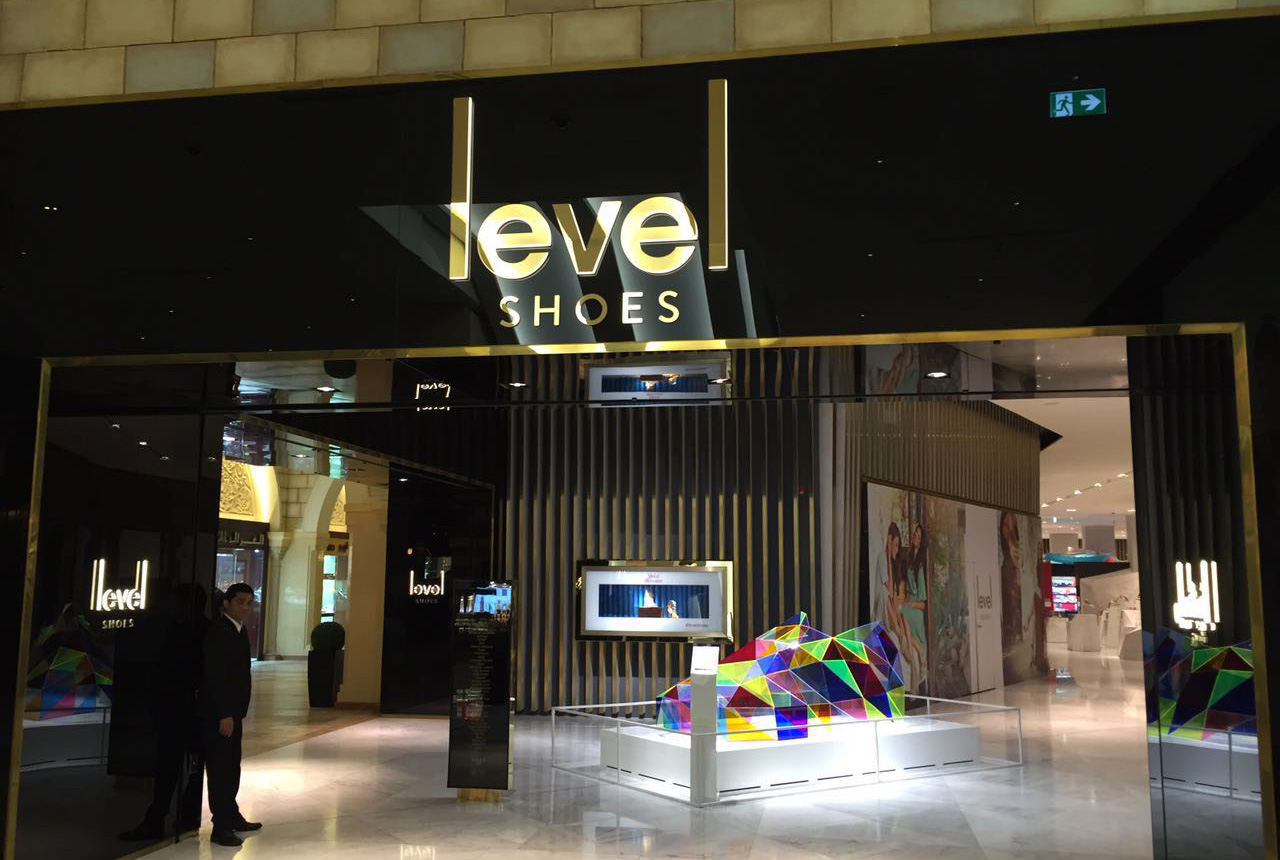
In your eyes, what are the fundamental criteria of a powerful name for a luxury brand?
A name that suggest confidentiality and rarity all while telling a story.
A story?
Yes! Most luxury brands have a fantastically rich backstory. I worked with Dolce & Gabbana on different names, starting from the DNA of the brand, i.e. Sicily. All the names that I created for this label had a direct link with southern Italy. Which has nothing to do with the brands of northern Italy, such as Armani for example, which is very minimalist and Milanese. Dolce & Gabbana makes us think of southern women with red lips. When working on a name, you always have the story that will carry it in mind.
Are there any commercial failures linked to certain products?
I can’t tell you about those I’m afraid, I have confidentiality agreements. But I do remember an Yves Saint Laurent perfume called Champagne that was attacked by wine producers and was forced to withdraw. It was a huge publicity coup for the perfume whose name was replaced by the word Yvresse… [a play on the French word ivresse, meaning intoxication].
How can brands as powerful as the ones you’ve mentioned be so dependent on a simple name? After all, a customer is first and foremost buying a luxurious item, a savoir-faire, a fragrance…
It’s true that some brands are occasionally satisfied with simple variations of their own name, simple extensions. Creating “Dolce Sole” for example would be easier for Dolce & Gabanna. It’s also true that a Russian, American or Saudi customer will buy Dior because it is Dior. There’s also a legal reason for such choices: today, it’s very complicated indeed to register new names.
Certain names make more of an impression than others, but how do we distinguish a good name from a bad one?
Le Mâle Terrible by Jean Paul Gaultier is a completely coherent name, we immediately think of an outpouring. Jean Paul Gaultier is very structural, the JPG man asserts himself, his world of sailors reminds me of the Cargo de nuit video by Jean-Baptiste Mondino. For Terre d'Hermès, it was all about a complete diversification. It's about capitalising on the brand. It’s a good name because everything is connected: perfume, communication, earth, man. There is something carnal, sensual … and then Hermès is the messenger of the gods, the god of travellers and merchants …
“One Million by Paco Rabanne is too obvious and leaves little room for the imagination and yet it fits perfectly with the image of the brand”
What do you think about the name Miss Dior?
There too, there is complete correspondence with the nature of the brand. Coco Chanel is the same thing. It was obvious that they would use her nickname sooner or later.
Are names affected by trends?
Absolutely. The current trend is to make a short phrases with a few words in the style of La Petite Robe Noire by Guerlain. It’s a way of pushing the storytelling even further, immediately plunging us into the world of the brand.
Other brands make a very different choice, using a simple adjective, like Dior's Sauvage…
In the case of Sauvage, Dior was lucky enough to have patented this name a long time ago. But the success of the product also owes a lot to its advertising featuring stars such as Alain Delon and Johnny Depp. All men have a different way of being wild. Sauvage forcibly awakens something in each of us, because we all have an animal instinct, and that's exactly what it suggests. The interest of an adjective like this is that it doesn’t reduce the scent to a single character and on the contrary is able to touch everybody in its own way. Over 25 years, there have been competitors who rush in, in the wake of such a powerful name and give me very similar briefs. Obviously, we explore all possible synonyms, but unfortunately we can’t reach this level systematically, the term is perfect.
Finally, what makes a name bad?
A name that is fashionable. A name whose history is boring or not very promising. A name that is hard to remember or that at the time of its creation didn’t seek to be long-term. In the worlds of fashion and luxury, I hate it when houses add a footnote to something that already exists. The complete opposite to a magnificent name like Égoïste by Chanel. Most of the time, the right name is the first one we come up with. At a time when no one dared to use transgressive terms like Poison, that’s exactly what Dior did. Indeed it’s very strength lies in searching for things at the frontier of tolerability. Creating a good name is above all an act of bravery.
Are there bad names that do work?
Yes, One Million by Paco Rabanne for example. Personally, I don’t like that name and yet it fits perfectly with the image of the brand, very metallic, evoking the idea of wealth, success, social ascension. At the same time it is rather obvious, explicit, which leaves little room for imagination.
And Numéro? Just so you know, the publication of this interview depends on your answer…
To be honest, I think this name is a very good idea, especially in the world of fashion with expressions like “Faire son numéro”, the “numéro 1”, “c’est un sacré numéro”… The title of your magazine enters the category of names that shares something obvious, and that over time come out of their semantic fields to find a new power, a new nobility. And it’s a malleable name, it can be re-orientated according to your desires.
Olivier Auroy has released a book about the creation of names Au nom d'Alexandre published by Intervalles.
[Archives Numéro, 2018]






